Like many identical twins, James and Dalton Ignley share a special bond. Growing up, they’d swap places to trick their teachers. They always call each other at the exact same moment. But, their relationship took on a new depth when they grew up and started their careers.
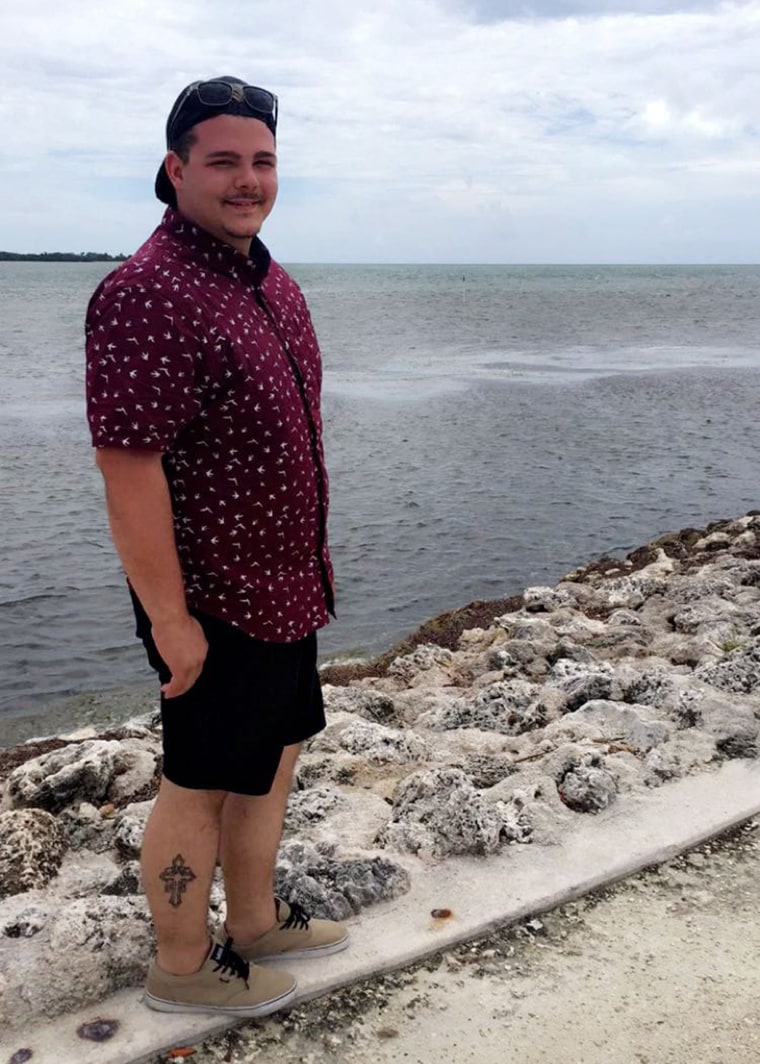
When Dalton was 25, he went for the annual work physical required by his employer, the local garbage removal service company. That's when he learned his blood pressure was out of control — about 200 over 180.
“They rushed me to the hospital ... for stroke-like conditions,” Dalton, now 29, of Greenville, Pennsylvania, told TODAY. “They told me, ‘Well it looks like you have a kidney issue.’”
He was confused because he felt perfectly healthy.
“I was like, “How can I be in kidney failure? I’m not sick,’” Dalton said. “At the time it was like a shock. How is this happening to me, a 26-year-old?”
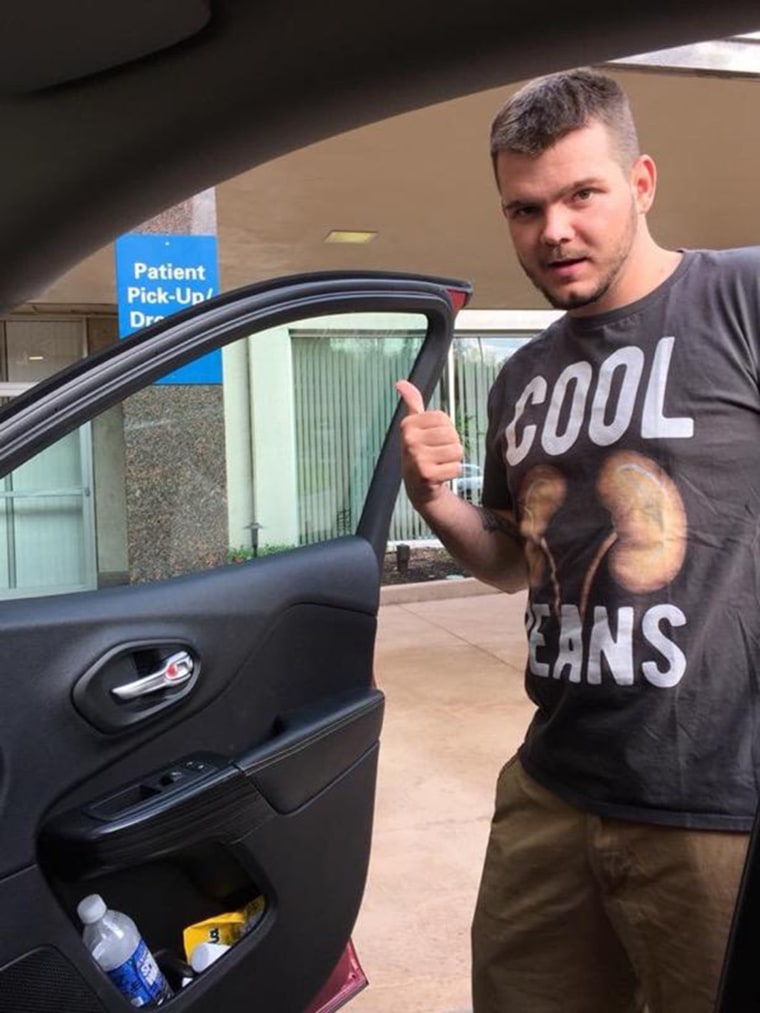
Dalton had an inflammation of the kidney's filters called glomerulonephritis, which isn't genetic, but is a leading cause of renal failure, according to his doctor, Dr. Sundaram Hariharan, medical director of kidney and pancreas transplantation at UPMC.
Although Dalton was in stage 3 kidney failure, his kidneys continued to work well enough until April 2017, when he started doing dialysis at home. For almost a year, that helped him. In January 2018, he became sick with pneumonia and was switched to hemodialysis, which meant a machine and an artificial kidney was cleaning his blood. He quit working and doctors told him a kidney transplant would be the next step.
Dalton approached his brother James to see if he would be donor and he immediately agreed.
“I don’t think I ever really did ask him to donate,” Dalton said. “He automatically said yes.”
He didn't think twice before offering his kidney.
“It was the most important thing I had to do,” James, 29, of Tulsa, Oklahoma, told TODAY. “I felt like if I had the chance, I would do whatever I could.”
But James had to make some changes first. At 6 feet 1 inch tall weighing 299 pounds, James had always been a “bigger guy.” He worked as a traveling manager for a hotel and long days in the car, on flights and in airports meant he often ate fast food. He spent entire days sitting.
“I would be in my car or an airplane six days of the week so that's not really (great) for your health,” James said.
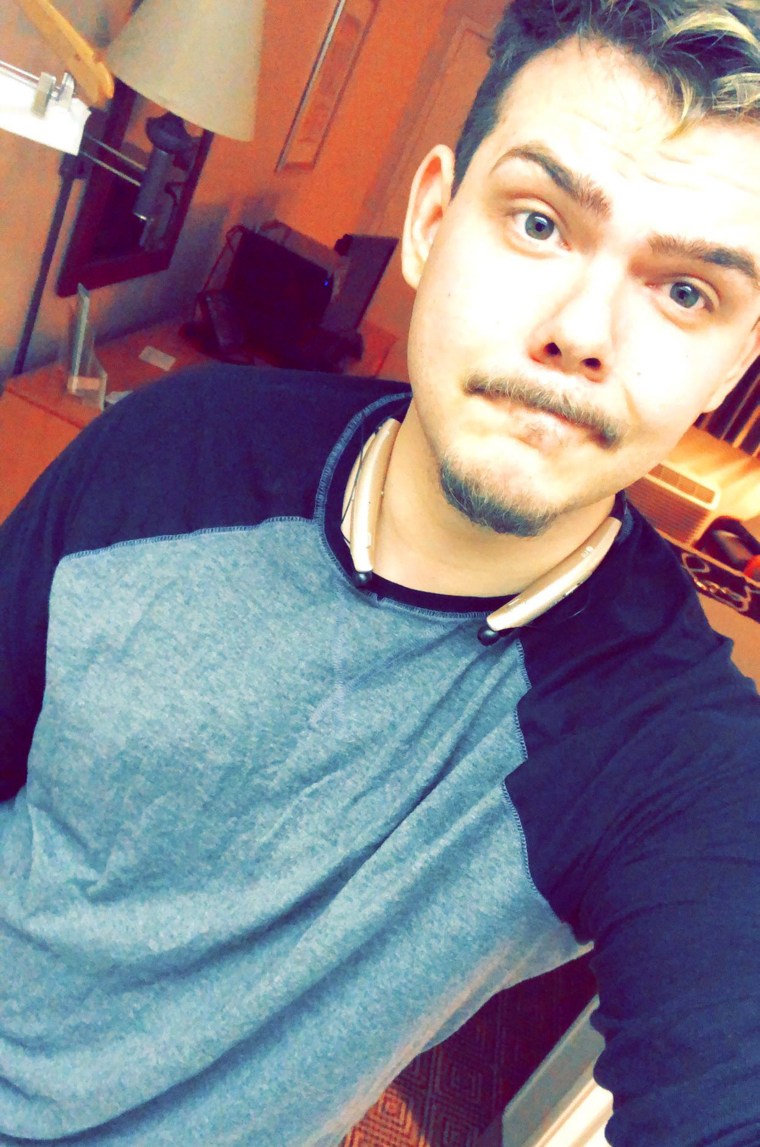
Doctors said James would need to lose weight to qualify as a kidney donor for Dalton. Though the hospital, UPMC in Pittsburgh offered to connect James to a dietitian, he decided to make some changes on his own and see how it worked.
First, James changed careers to be an on-site hotel manager so he would spend less time traveling. Then, he started cutting out sugary drinks, such as juice and soda. He soon noticed results.
“My whole life sort of just changed,” James said.
He also started eating more fruits and vegetables and moving more, even in small ways like taking the stairs instead of an elevator.
“I was able to exercise more consistently when I was placed at a local hotel,” James explained.
Eliminating travel helped in another way he never expected — his sleep improved.
“I was getting normal sleep time," he said. "I would go to bed around 9 or 10 at night wake up at 6 or 7 in the morning."
The combination of changes helped him shed 60 pounds before the surgery was scheduled.
“The fact that I needed to donate a kidney made it so I’ve been able just to change,” he said.
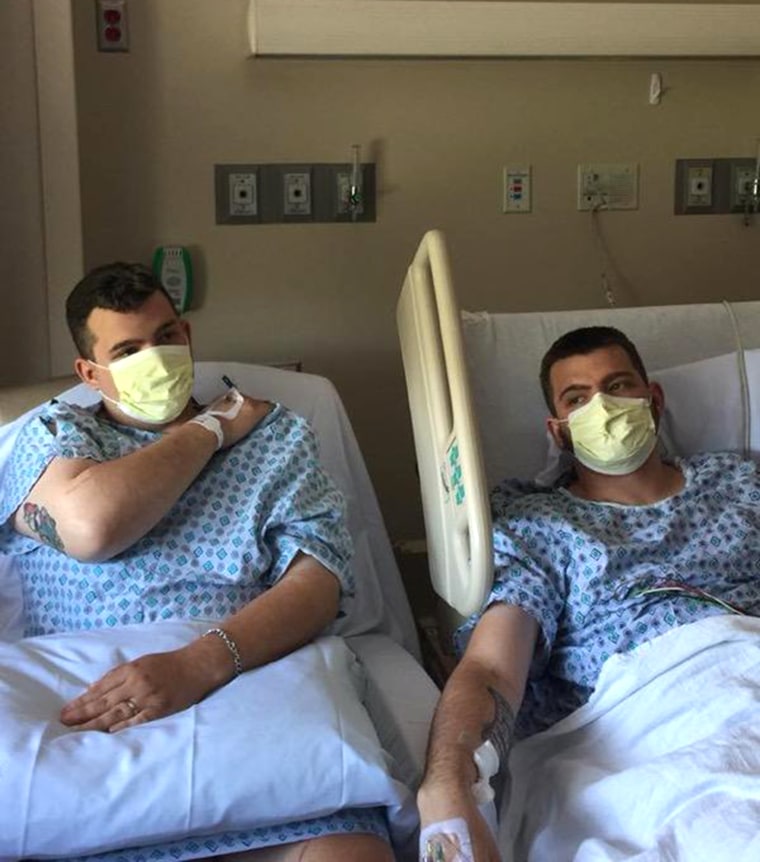
In May 2018, doctors transplanted James' kidney to Dalton. The surgery was successful and Dalton has been thriving since — and because his brother was a “perfect match,” Dalton hasn't needed anti-rejection medication.
“Identical twins give the rare opportunity for the recipient to live as if his kidney is his own," Hariharan told TODAY via email. "Giving immunosuppressants for many years is associated with serious side effects, so if we can eliminate that, especially for a young patient, that’s the best thing we can do.”
Hariharan has studied 142 cases of identical twins donating kidneys from 2001 to 2017 and been involved in three twin kidney transplant himself. Having an identical twin donating helps patients, like Dalton, live a normal life after the transplant, he said.
Dalton and James are doing well. Though Dalton hasn't returned to work yet, he hopes to soon.
“I’m feeling great,” he said.
James, who now weighs 275 pounds, said he's glad he made these health changes and lost the weight to help his brother.
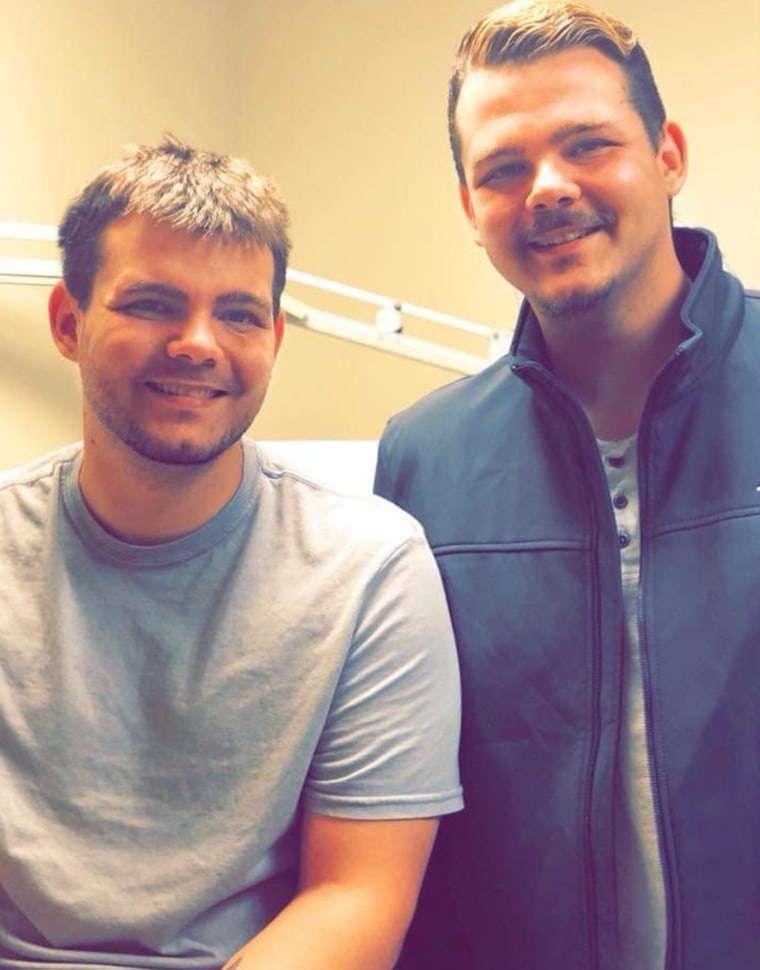
“It's a chance, an opportunity to do something for your fellow man, person, stranger, neighbor, family member and I think I did what everyone else would have done,” James said. “There’s nothing more special and rewarding.”